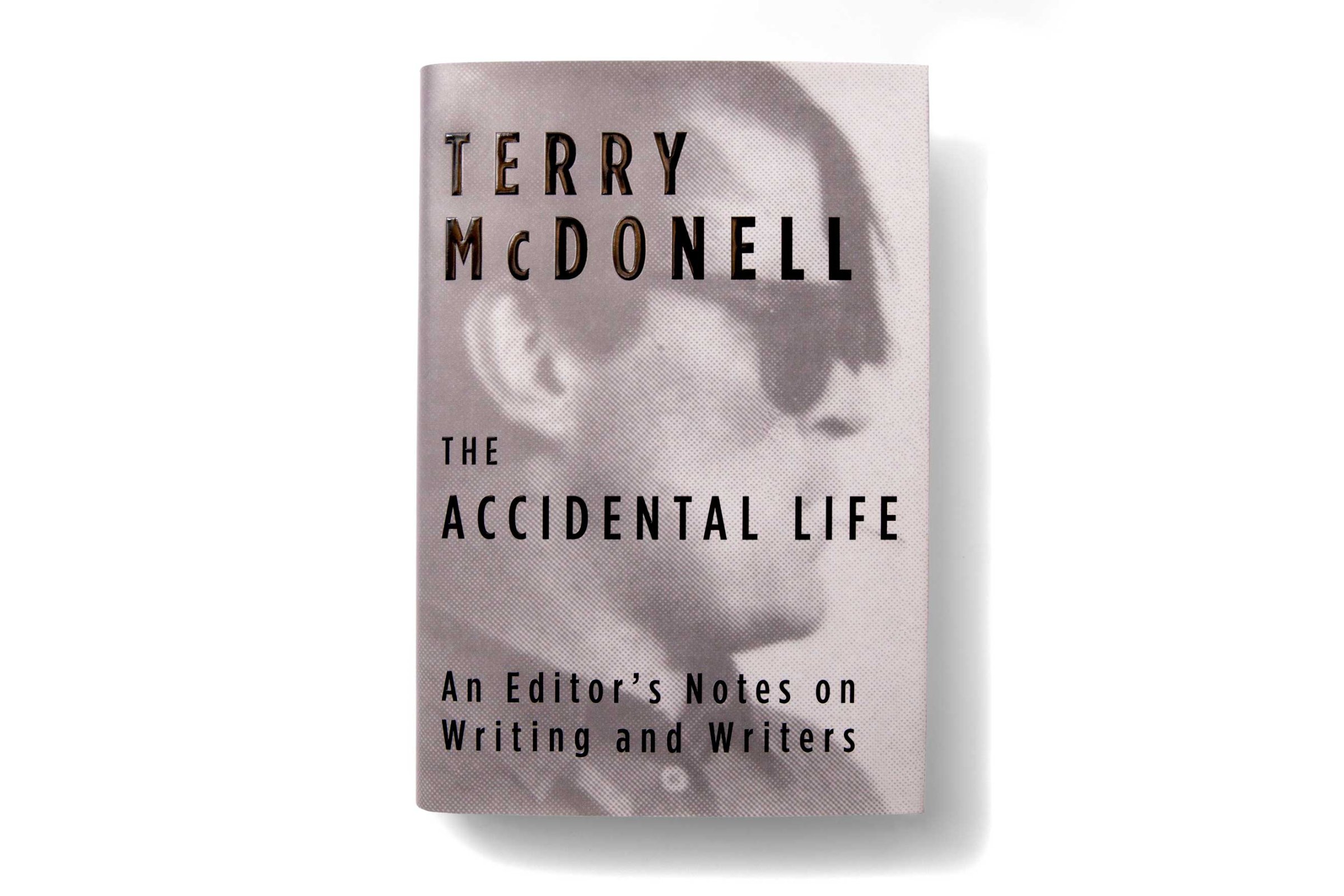
Writers can take on a mythic quality: solitary figures who conjure imaginary worlds and see more than the rest of us in the world we share. And the best of them, especially those who put themselves in their stories, create characters out of their lives, from demigod-druggies (Hunter S. Thompson) and globe-trotting gourmands (Jim Harrison) to “pants-down Republicans” (P.J. O’Rourke). In The Accidental Life, the new memoir by Terry McDonell, the former editor of Sports Illustrated and Esquire (among 11 other publications), some of the most colorful literary titans to ever walk this earth indeed live up to their legends.
The Accidental Life serves chapterized personal tales of McDonell’s friendships with these writers in the years when a certain type of literary machismo ruled all—there is shotgun-punctuated and acid-tinged twilight golf with Thompson and George Plimpton, a difficult dinner with Kurt Vonnegut and William Vollmann’s prostitute expense account for Esquire. Creative types like Steve Jobs, Jack Nicholson and Bill Murray also make cameos.
But the gold in McDonell’s book is the lessons he took from these writers, beyond the bravado and antics that often characterized their work, about how to perceive the world. Like how deforestation of the wilderness constitutes the destruction of American identity itself; that nervousness is “the sweat of perfection”; that “it’s better to spend money like there’s no tomorrow than to spend tonight like there’s no money”; and that “most adults don’t want to learn anything; they only want to seem to want to learn, and be diverted a moment from their usual rounds.” McDonell makes it clear that it is the noble work of those who write or edit to rebel against that last deception. They lived unique lives to hunt new meanings. McDonell’s book is a guide.
When one of McDonell’s titans dies, he ends the chapter with an anecdote or detail that shows that writer’s lasting vitality. But the book could be read as a lament for the passing of something larger: while the world still contains magic and writers are still here to capture it, the publishing business has shifted. McDonell saw from the inside how the value of his heroes’ work depreciated over time. He reports on engineers taking pride in “algorithms becoming the epic poems of journalism” and notes that there’s little alchemy in modern budget reviews, even after trimming the indulgences. The result is that today, the wisdom seekers—through writing, editing, living—often can no longer afford to search.
—NATE HOPPER
More Must-Reads From TIME
- The 100 Most Influential People of 2024
- The Revolution of Yulia Navalnaya
- 6 Compliments That Land Every Time
- What's the Deal With the Bitcoin Halving?
- If You're Dating Right Now , You're Brave: Column
- The AI That Could Heal a Divided Internet
- Fallout Is a Brilliant Model for the Future of Video Game Adaptations
- Want Weekly Recs on What to Watch, Read, and More? Sign Up for Worth Your Time
Contact us at letters@time.com